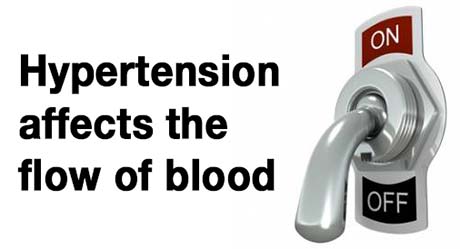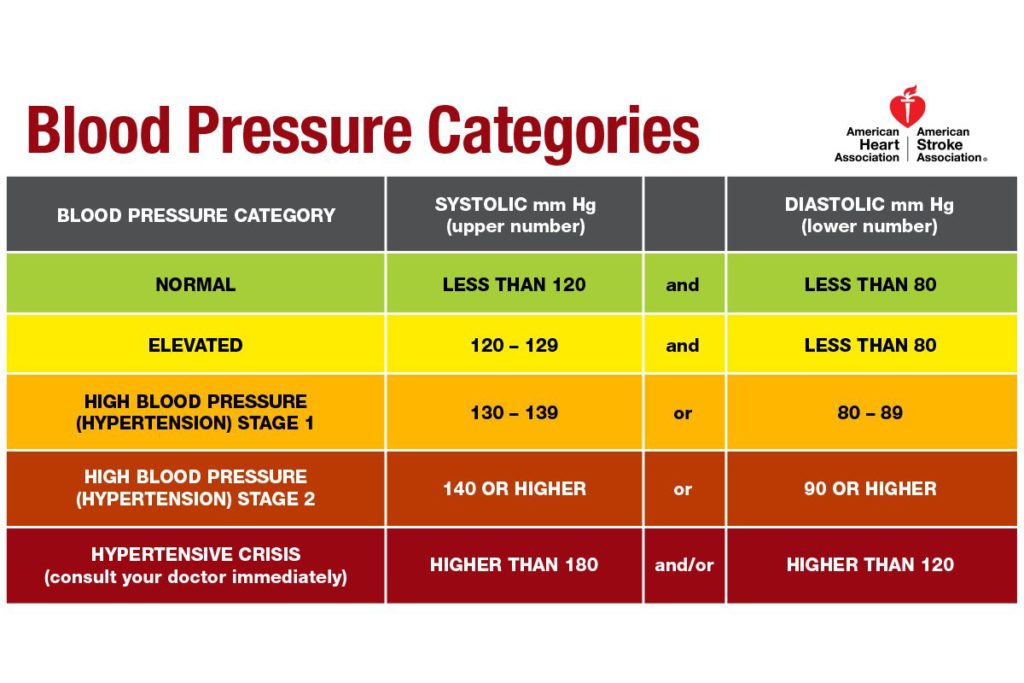Spice Up Your Love Life
By Lowering Your Blood Pressure
Is the health of your heart slowing things down in the bedroom?
Much of the focus in February is on romantic love, but the American Heart Association has also declared it National Heart Month, where the focus is on the health of the heart, and what can be done to prevent heart disease. Many individuals may not realize that the health of the heart, or lack thereof, could negatively impact the bedroom activities.
Sexual dysfunction is the inability to reach sexual satisfaction and can be an early sign of increasing plaque buildup (fat and cholesterol) in the blood vessels. Plague build up and reduced blood flow happens everywhere in the body and can be present for years before showing negative side effects. Since the blood vessels in the genitals are very small, it doesn’t take long before plaque builds up to slow blood flow to these organs. Any reduced blood flow impairs optimal functioning; erections for men, sensitivity and dryness for women. Although, sexual dysfunction is increasingly common for both men and women past age 50, don’t buy into the belief that this is just part of aging, it may be reversible with medication and a healthy lifestyle. Without intervention plaque buildup worsens, leading to hypertension (high blood pressure or HBP) and eventually resulting in damage to organs throughout the body. Roughly half the people with untreated hypertension die of heart disease related to poor blood flow (ischemic heart disease) and another third die of stroke.
So why is plaque and high blood pressure so damaging?
Healthy arteries are flexible, strong and elastic with a smooth inner lining so blood flows freely to supply vital organs and tissues with nutrients and oxygen. Hypertension is just like a power washer on an old deck, the pressure can damage the lining causing micro tears where fats and cholesterol tend to build up, narrowing the artery and reducing blood flow. From constant high pressure, eventually your artery walls thicken and become less elastic, limiting blood flow throughout your body leading to organ damage. The American Heart Association and health professionals encourage you to seek treatment if you are experiencing any difficulties or already have HBP.
Prevent:
- Damage to your heart. HBP can cause chest discomfort, irregular heart rhythms called arrhythmias, and over time weaken the heart muscle increasing the risk of heart attack or failure.
- Damage to your brain. HBP can weaken your brain’s blood vessels, causing them to narrow, rupture or leak leading to disability or a life-threatening stroke. HBP can lead to memory loss, personality changes, trouble concentrating, irritability or progressive cognitive impairment such as dementia and Alzheimer’s Disease.
- Damage to your kidneys. HPB is one of the most common causes of kidney failure. Blocked or weakened vessels can’t effectively filter waste from your blood, therefore, toxic levels can accumulate which may require dialysis or kidney transplantation.
- Damage to your eyes. HBP damages the tiny, delicate blood vessels in your eyes causing bleeding in the eye, blurred vision and complete loss of vision, a condition called retinopathy. If you also have diabetes you’re at an even greater risk.
- Bone loss. HBP can increase the amount of calcium that’s in your urine causing calcium to leach from the bone resulting in loss of bone density (osteoporosis), which in turn can lead to broken bones.
New High blood pressure guidelines
HBP is serious and typically has no symptoms. Although it usually causes damage over years, it sometimes rises so quickly and severely that it becomes a medical emergency requiring immediate treatment, often with hospitalization. In November 2017, the National Heart, Lung, and Blood Institute and American Heart Association updated the guidelines for diagnosing HBP to help identify early warning signs and help more patients diagnosed with HBP improve blood pressure control and reduce cardiovascular disease (CVD) risks.
What lifestyle changes help lower blood pressure and reduce plaque buildup?
The DASH eating plan, developed by the National Institutes of Health, has been clinically shown to reduce HPB, cholesterol buildup and help reverse heart disease. It was rated number #1 for the eighth consecutive year by the U.S. New and World Report as “best overall” diet among nearly 40 diets reviewed. Other diets, such as a whole plant food diet, has also shown amazing results. If you want help with incorporating lifestyles changes, contact me today to get started!
Make an appointment with me and start your treatment and lifestyle changes to take back your health and life. 240-439-9927 or contact me at sandie@atphealthandfitness.com.











Leave a Reply